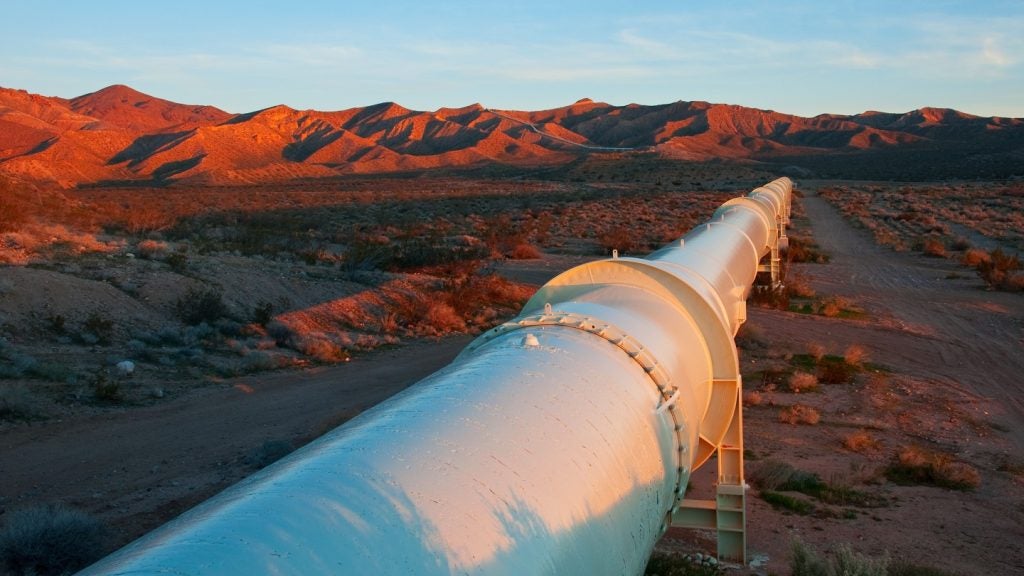Azerbaijan and Kazakhstan are in discussions to increase the transit of Kazakh oil through Azerbaijan, potentially raising the volume to between five and seven million tonnes per annum (mtpa), reported Reuters.
Zaur Gakhramanov, an adviser to the president of SOCAR, Azerbaijan's state-owned oil business, confirmed the development to the news agency.
Kazakhstan is actively seeking to diversify its energy export routes to lessen its dependence on Russian pipelines.
Currently, the majority of Kazakhstan's oil, amounting to 1.5 million barrels per day or 1.5% of the global supply, is transported via Russian infrastructure.
Gakhramanov revealed: "We are currently conducting negotiations with the Kazakh side about increasing oil transit from this country to 5–7 million tonnes."
The anticipated increase in transit capacity follows plans to inaugurate a new oil terminal near Baku this summer.
The reconstructed terminal in Dubendi is expected to handle up to 10mpta of oil annually, potentially doubling Azerbaijan's transit capacity to 20–25mtpa.
In the previous year, the transit of Kazakh oil through Azerbaijan totalled 1.4mtpa.
SOCAR projects an increase to 1.7–1.8mtpa in the current year and further to 2.2mtpa by 2025.
In March this year, an agreement between SOCAR and KazMunayGas was signed to gradually augment the volume of Kazakh oil transported through the Baku-Tbilisi-Ceyhan pipeline system to 2.2mtpa.
Additionally, there are discussions to route 5mtpa of Kazakh oil via the Baku-Supsa pipeline in 2023.
Earlier this week, Hungary's MVM agreed to acquire a 5% interest in the Shah Deniz gas field from Azerbaijan's Southern Gas Corridor.
This transaction is in line with the EU's strategy to diversify energy sources and Hungary's national energy objectives.
Operated by bp, the Shah Deniz field in the Caspian Sea is among the largest natural gas-condensate fields globally.
With the capacity to produce up to 29 billion cubic metres of natural gas and around 60 million barrels of condensate annually, the field has been a key energy source since its discovery in 1999.









